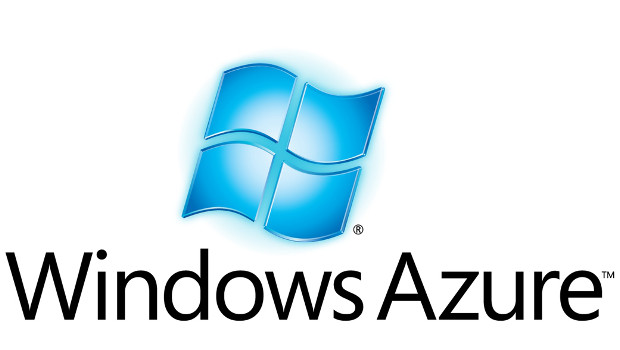Microsoft continues to target the enterprise with the introduction of a private on-ramp for Windows Azure cloud services. The service, called ExpressRoute, allows organisations to directly connect their data centres to Azure without using the public Internet.
With ExpressRoute, Microsoft joins other enterprise-focused cloud vendors in providing a direct connection to their services. Amazon Web Services offers Direct Connect, using industry standard virtual local area network (VLAN) protocols. Rackspace offers a similar service through RackConnect.
After getting a late start, Microsoft is finally seeing momentum for Windows Azure cloud services, which was formally launched four years ago this month. Microsoft now competes head-on with AWS, Rackspace, IBM and others for what will be a $107 billion (€77.7 billion) market by 2017, according to IDC.
“We continue on an amazing growth curve,” said Steven Martin, Microsoft general manager for Microsoft Windows Azure.
For instance, NBC is using Azure to stream the Sochi 2014 Winter Olympics. Every event is being streamed to qualified subscribers, a job that requires over 10,000 processor cores, according to Martin.
“IT analyst firm Forrester Research found that, after AWS, Azure was the platform developers would most likely use for future projects”
Windows Azure is adding about 1,000 customers a day, and Microsoft is doubling the compute capacity of Azure every six to nine months, Martin said. It now has over 250,000 customers, including 50% of the Fortune 100.
“I was in Silicon Valley during the height of the dot-com bubble and that pales in comparison to what I see every day right now” with the Azure expansion, Martin said.
In a 2013 survey of developers, IT analyst firm Forrester Research found that, after AWS, Azure was the platform developers would most likely use for future projects. Around 33% of developers opted for Azure, topping Google (28%), Hewlett-Packard (23%) and IBM (22%). Approximately 42% of developers opted for AWS.
“Azure is actually having success. There is adoption there,” said John Rymer, a Forrester vice president and principal analyst for application development and delivery. “Enterprises are always reluctant to adopt a service or product that doesn’t have a big following.”
Microsoft offers other advantages for the enterprise as well, Rymer said. Organisations may be predisposed to work with Microsoft if they already use its products. In some cases, enterprise license agreements can be used for Azure instances.
“There is a whole procurement structure already set up. Amazon doesn’t have that,” Rymer said.
Microsoft also has an extensive range of partners that have built strong relationships with enterprises and can help them get to the cloud.
Martin admitted that it is a hard sale to try to persuade an organisation to move existing infrastructure to the cloud. So Microsoft has been focusing on ways that Azure can extend an organisation’s current infrastructure as a first step.
Software test and development, Web hosting, backup and continuity of operations, and media services all fit into this model.
Each of these services can stand alone and each can be moved relatively painlessly to the cloud — at least compared to the legacy applications with deep roots in the data centre.








Subscribers 0
Fans 0
Followers 0
Followers